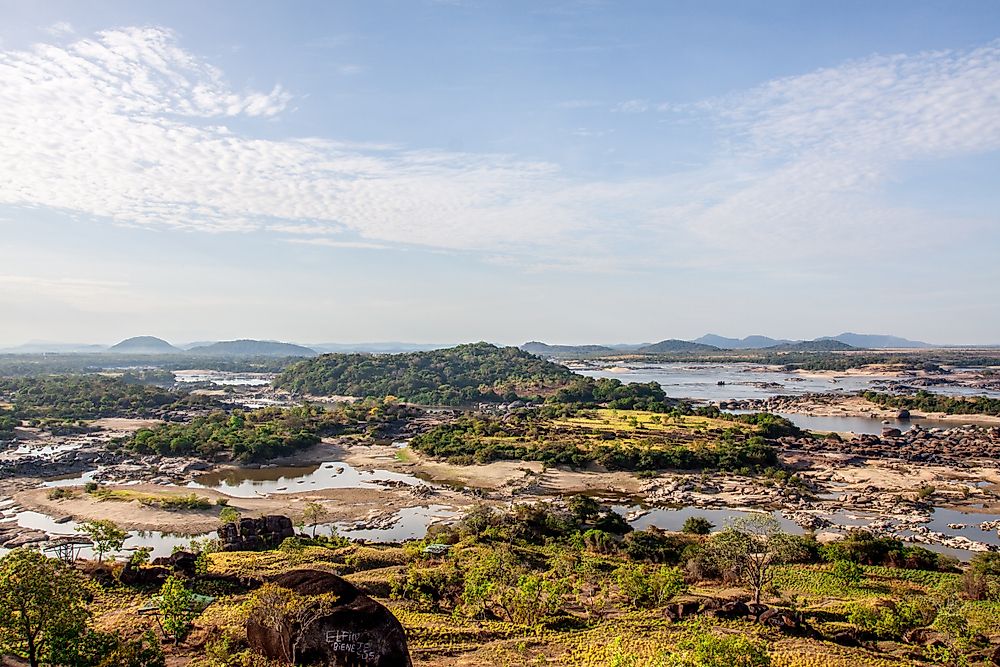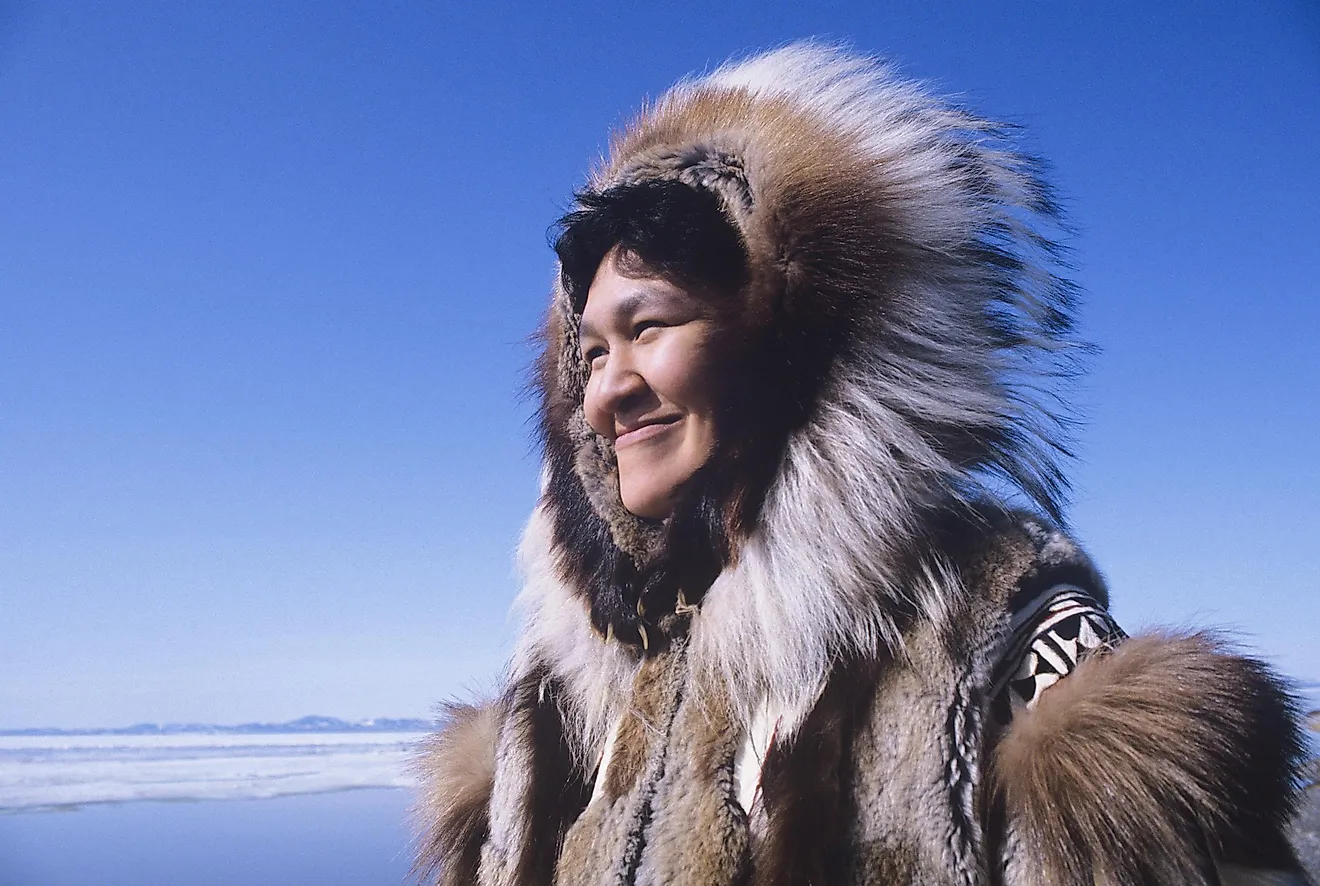Who Are the Yanomami?

The Yanomami (Yanomamo) are a group of indigenous people in South America who inhabit the remote forests of the Orinoco River basin in southern Venezuela and the rainforests of the Amazon basin in northern Brazil. It is estimated that a population of 35,000 Yanomami people live within the range. They are comprised of four distinct indigenous tribes, including Ninam, Yanomam, Sanema, and Yanomamo, and each occupies a different region and speaks a different language.
History
The first account of the existence of the Yanomami people dates back to 1759 when a Spanish expedition visited the Ye'kuana people inhabiting the banks of the Padamo River, and the chief told them of the war between his people and the Yanomami natives. Sustained contact with the outside world commenced in the 1950s, when Catholic missionaries came to the region in hope of converting the natives to Christianity. Due to fear of being pushed away from their lands, the Yanomami people were hostile towards the missionaries and chased them away. There has been pressure on the Brazilian and Venezuelan governments to preserve the native nature of the Yonamami people by ensuring minimal interactions with civilization.
Culture
The Yonamami are grouped into hundreds of small politically autonomous villages known as shabonos, which are made up of grouped families. Each village is constructed in a disc shaped structure, with an open-air central plaza. The villages contain 50 to 400 individuals scattered thinly throughout the Amazon Forest. The community practices polygamous cross-cousin marriages, with the oldest wife having dominant authority over the other wives.
The Yanomami depend on the rain forest for their survival, as they use slash and burn agricultural practices to grow bananas, gather wild fruits, and hunt for animals and fish. They practice shift cultivation when the soil becomes exhausted and constantly move to avoid areas that become overused. Women are engaged in farming, while men go hunting.
The traditions of the native Yanomami people are shaped by the belief that the natural and spiritual worlds are unified. They believe that their fate and that of all human beings is linked to the fate of the environment, hence the need to preserve the natural environment as its destruction equates to suicide. Rituals are an important part of the Yanomami culture, and they normally gather to celebrate a good harvest. They also practice endocannibalism, which entails cremating the bones of deceased relatives and consuming the ashes in banana soup.
Threats
As the most isolated tribe in the world free from human civilization, the Yanomami are at a high risk of losing their land, culture, and way of life due major threats like disease and habitat destruction. The major diseases that pose a threat to the population include malaria, smallpox, and tuberculosis, which are believed to be introduced by foreigners invading the region. The natural habitation of the Yanomami faces destruction from the discovered gold mines that have led to deforestation of the tropical rainforests. Constant wars between the Yanomamo tribes in Venezuela and Brazil result in massacres that wipe out a vast majority of the Yanomami population.











